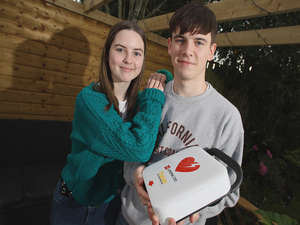
Q Radio News/PA
A Northern Ireland family whose young daughter survived a cardiac arrest have said that registering defibrillators on a new national database has the potential to be life-saving.
Thirteen-year-old Lucy King, who is from Coleraine, suffered a cardiac arrest in February last year.
Her family say that it was only because they were able to quickly begin CPR and find the nearest defibrillator that Lucy survived.
They want anyone who owns a defibrillator to register it with The Circuit, a national defibrillator network.
The database connects the life-saving devices to NHS ambulance services across the UK.
A Northern Ireland family whose young daughter survived a cardiac arrest have said that registering defibrillators on a new national database has the potential to be life-saving. https://t.co/befXCRb5QQ
— Q Radio News (@qnewsdesk) October 22, 2021
Lucy’s mother Nicola, a former ICU nurse, said that her daughter had been asleep when she fell ill.
“It was just a normal day last year for us.
“Lucy had been to Girls Brigade the evening before and then we all went to bed as normal,” Ms King said.
“At about 6am she made the loudest noise in her sleep, and we thought it was just a bad dream.”
“We rushed into her room, and she was sitting upright static in the bed, but not really there, she then suddenly collapsed back into the bed.
“As a nurse myself I just went into autopilot and knew I had to start CPR.
“We phoned for an ambulance and my son Thomas who was 15 at the time ran in his pyjamas to get the nearest defibrillator from the local Spar in Limavady where we were living at the time.
“As he got back home with the defibrillator the ambulance crew arrived at the same time and they were able to shock Lucy twice at home before rushing her to hospital.”
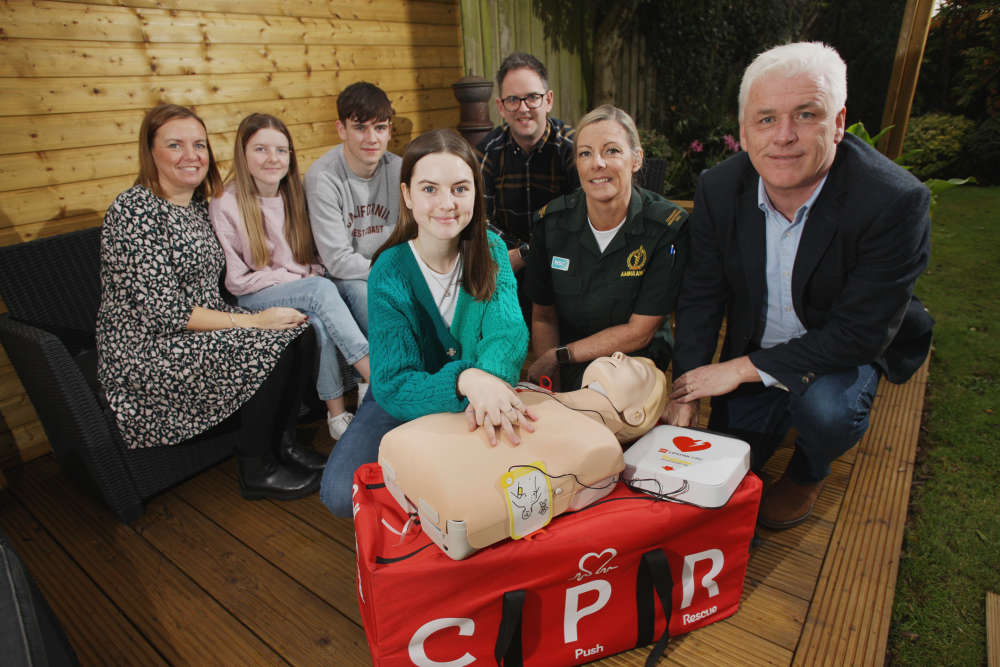
Lucy King (centre) with family mum Nicola, dad Richard, brother Thomas, sister Olivia and Stephanie Leckey, Community Resuscitation Lead with NIAS and Fearghal McKinney, Head of BHF NI. Thirteen-year-old Lucy, from Coleraine, suffered a cardiac arrest last year
Since the database went live with the Northern Ireland Ambulance Service (NIAS) in February 2020, it has directed emergency callers at the scene of a cardiac arrest to the nearest defibrillator in their community 582 times.
Lucy spent three days in intensive care in the Royal Hospital in Belfast.
Over the course of a three-week stay in hospital, she had to have a CRT-D fitted, a device that can both pace and shock.
She was later diagnosed with a genetic heart condition called left ventricular non-compaction cardiomyopathy.
The champion Irish dancer was wheelchair-bound after leaving hospital and had to learn to walk and talk again, as well as suffering damage to her short-term memory.
Her parents say she is back dancing and has a classroom assistant to help her at school.
This database, they say, is vital in saving lives.
“Knowing where the nearest defibrillator is, really could make all the difference to someone’s life.
“Our family know that only too well,” Nicola said.
Fearghal McKinney, head of the British Heart Foundation Northern Ireland, echoed this.
“Every second counts when someone has a cardiac arrest and, alongside CPR, prompt use of a defibrillator is critical in giving them the best chance of survival.
“To put it simply, knowing where the nearest defibrillator is could be the difference between life and death.
“If you, or somebody you know is a defibrillator guardian, then we urge you to register your device on The Circuit.
“You could help save a life.”


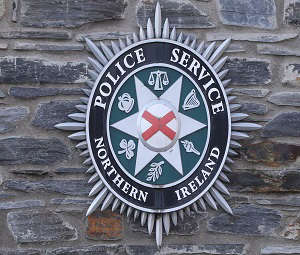 13 year boy dies following quad bike crash near Newry
13 year boy dies following quad bike crash near Newry
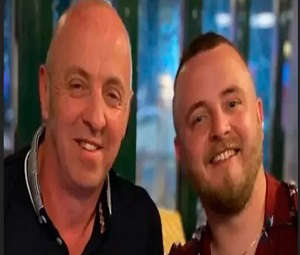 Man appears in court charged over head-on collision which killed father and son
Man appears in court charged over head-on collision which killed father and son
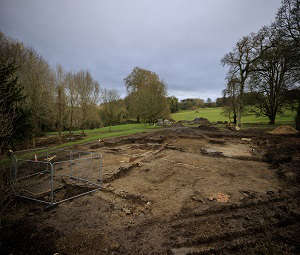 Remains of 300-year-old building complex unearthed by chance on country estate
Remains of 300-year-old building complex unearthed by chance on country estate
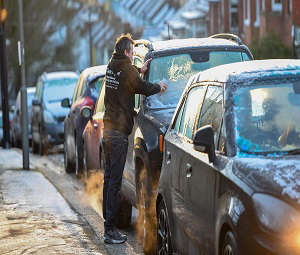 Fresh Met Office warning for icy conditions across Northern Ireland
Fresh Met Office warning for icy conditions across Northern Ireland
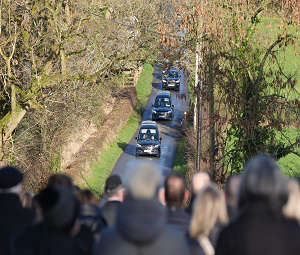 Community still in shock over deaths of father and son, funeral told
Community still in shock over deaths of father and son, funeral told